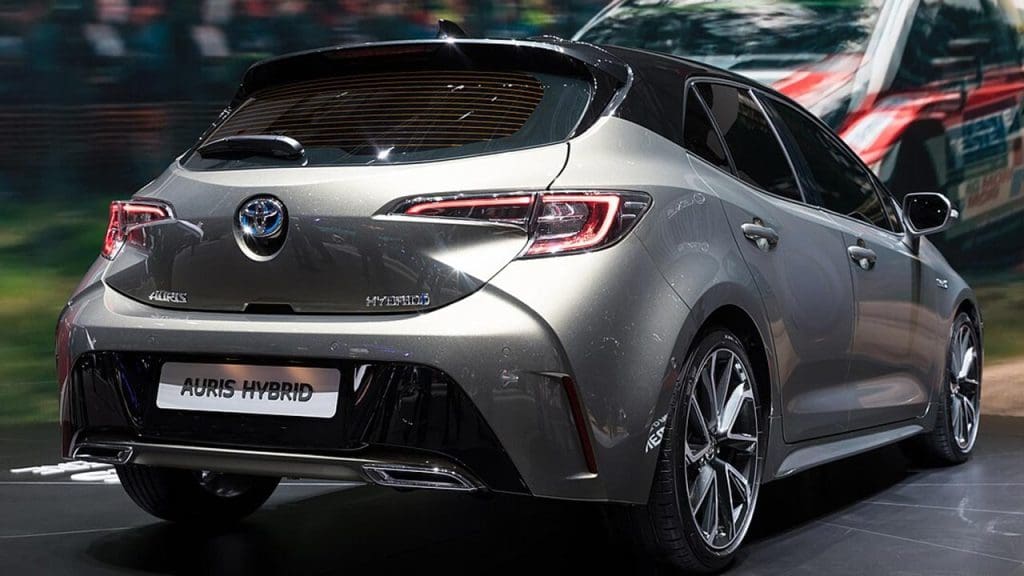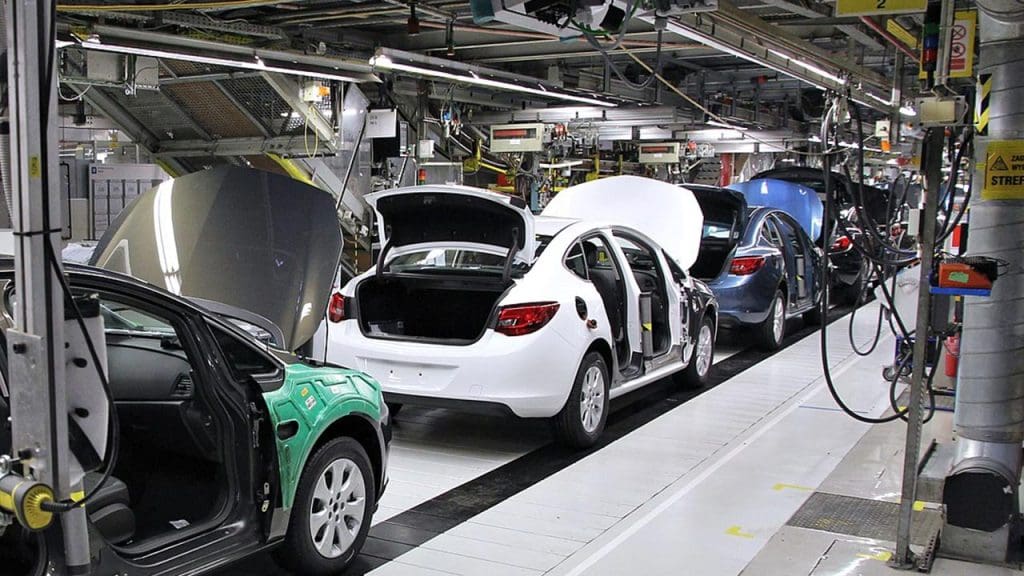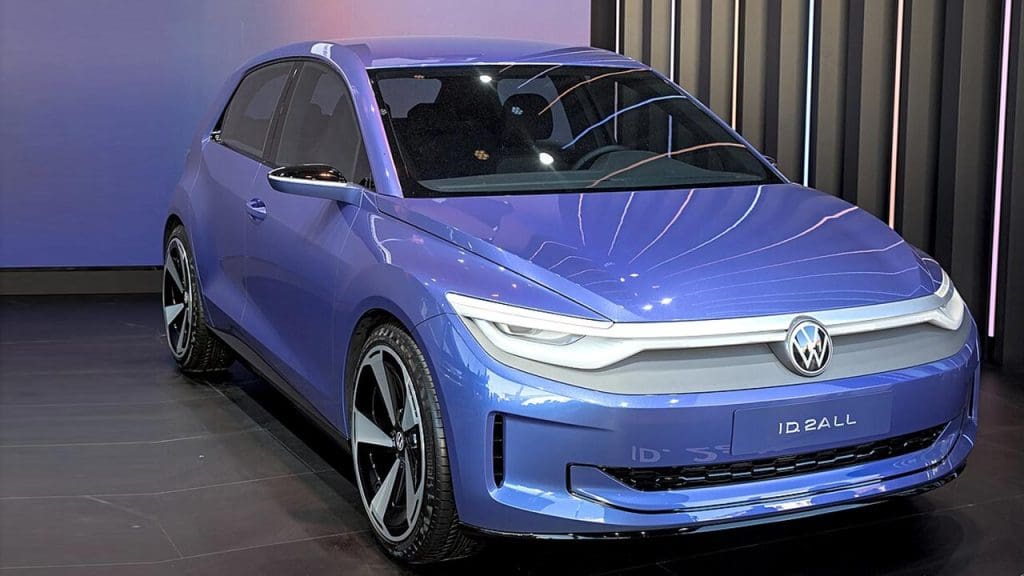As the global push for electric vehicles (EVs) intensifies, some major automakers are pushing back against stringent mandates. These companies argue that the transition to electric vehicles should be more gradual, considering the diverse needs of consumers and the current state of technology. Here’s a look at five carmakers that are challenging the aggressive timelines set by governments for EV adoption.
Toyota Motor Corporation

Toyota has long been a leader in hybrid technology, but it has been cautious about fully transitioning to electric vehicles. The company argues that a mixed approach, including hybrids and hydrogen fuel cells, is more sustainable. Toyota has voiced concerns about the infrastructure required for EVs and the availability of necessary materials. The company’s stance is that diversification of power sources is essential to meet various global energy needs and to ensure a smoother transition.
Ford Motor Company

Ford has made significant investments in electric vehicles, but it has also raised concerns about the pace of regulatory changes. The automaker is worried about the impact of rapid EV mandates on jobs and the economy, particularly in regions reliant on traditional automotive manufacturing. Ford advocates for a balanced approach that considers the current market dynamics and the economic implications of a hasty transition. The company continues to engage in discussions about policy frameworks that support both innovation and economic stability.
Stellantis N.V.

Stellantis, formed from the merger of Fiat Chrysler and PSA Group, has expressed skepticism about the feasibility of meeting stringent EV mandates. The company’s leadership has pointed out the challenges related to battery production and the availability of charging infrastructure. Stellantis emphasizes the need for a collaborative approach between governments and industry leaders to develop sustainable solutions that do not compromise consumer choice or economic growth. The company is actively exploring various technologies to diversify its portfolio.
General Motors

General Motors, while committed to an all-electric future, has also voiced concerns about the speed of regulatory changes. The automaker is focused on a strategic transition that aligns with consumer readiness and market conditions. GM is advocating for a realistic timeline that allows for the development of a reliable charging infrastructure and the scaling of battery technologies. The company supports a regulatory environment that facilitates innovation while considering the economic impacts on the automotive industry.
Volkswagen Group

Volkswagen has been at the forefront of the EV revolution, yet it has also expressed reservations about the rigidity of some EV mandates. The company highlights the importance of flexibility in regulatory frameworks to account for technological advancements and market readiness. Volkswagen is investing heavily in EV technology but stresses the need for a balanced transition that considers both environmental goals and economic realities. The automaker is working towards an integrated approach that includes incremental steps toward sustainability.